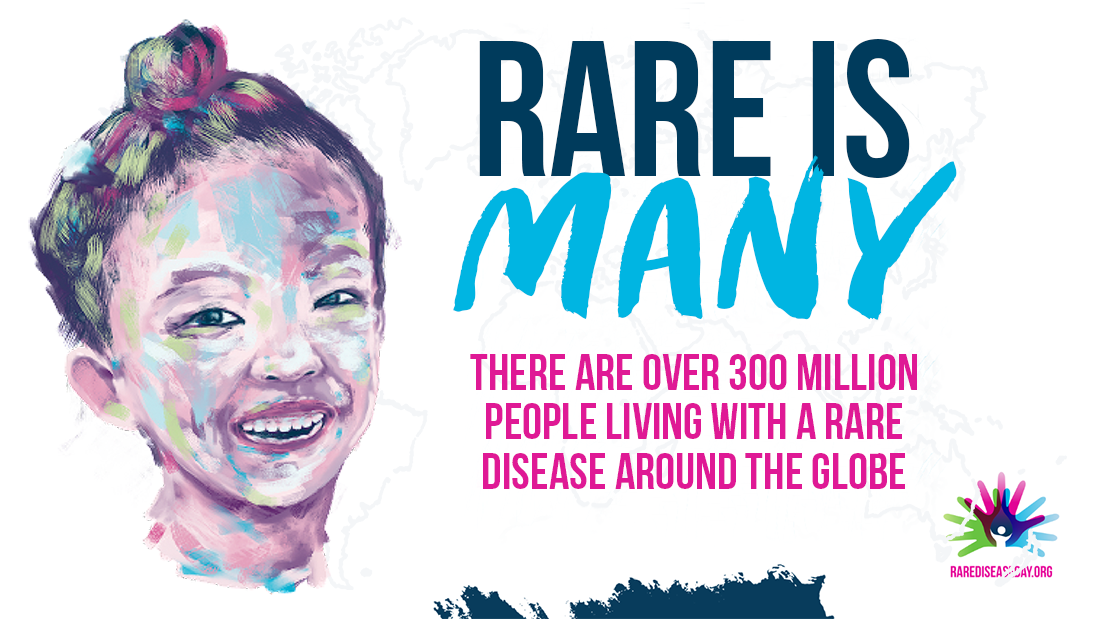
28 Feb Rare Disease Day: Six clinical trial stories you need to read
Clinical Trials Arena highlights its coverage on amyotrophic lateral sclerosis, Huntington’s disease, Rett syndrome, and achondroplasia for Rare Disease Day.
By William Newton, Clinical Trials Arena
There are an estimated 7,000 rare diseases affecting 300 million people worldwide – and the vast majority have no approved treatment. Drug development is exceedingly challenging, hampered by small patient populations, insufficient outcome measures, and reimbursement roadblocks.
But new clinical trial design strategies could spell a more promising future in rare disease drug development. Clinical Trials Arena explored how platform trials can streamline rare disease research by evaluating multiple treatments and diseases under a single master protocol. Meanwhile, basket trials can investigate multiple rare diseases simultaneously, and umbrella trials can look at multiple treatments for one disease. In addition, Clinical Trials Arena examined how four notoriously difficult rare disease indications are making strides in clinical trial design.
Amyotrophic lateral sclerosis (ALS) is a progressive nervous system disease affecting nerve cells in the brain and spinal cord and leading to muscle control loss. Clinical Trials Arena put a spotlight on how these clinical trials should attempt to stratify patients based on disease severity. The efficacy endpoint ALS Functional Rating Score – Revised is widely used, but regulators have concerns it can generate incomplete data if patients drop out. We also have a calendar for 2022 on drug clinical trial readouts to watch.
Huntington’s disease is a rare condition characterized by a progressive degeneration of nerve cells in the brain. This disease space has been plagued by several high-profile clinical trial failures, but companies are looking to get back on track by revamping clinical trial design. But will these changes be enough for a positive trial readout? Read more …



